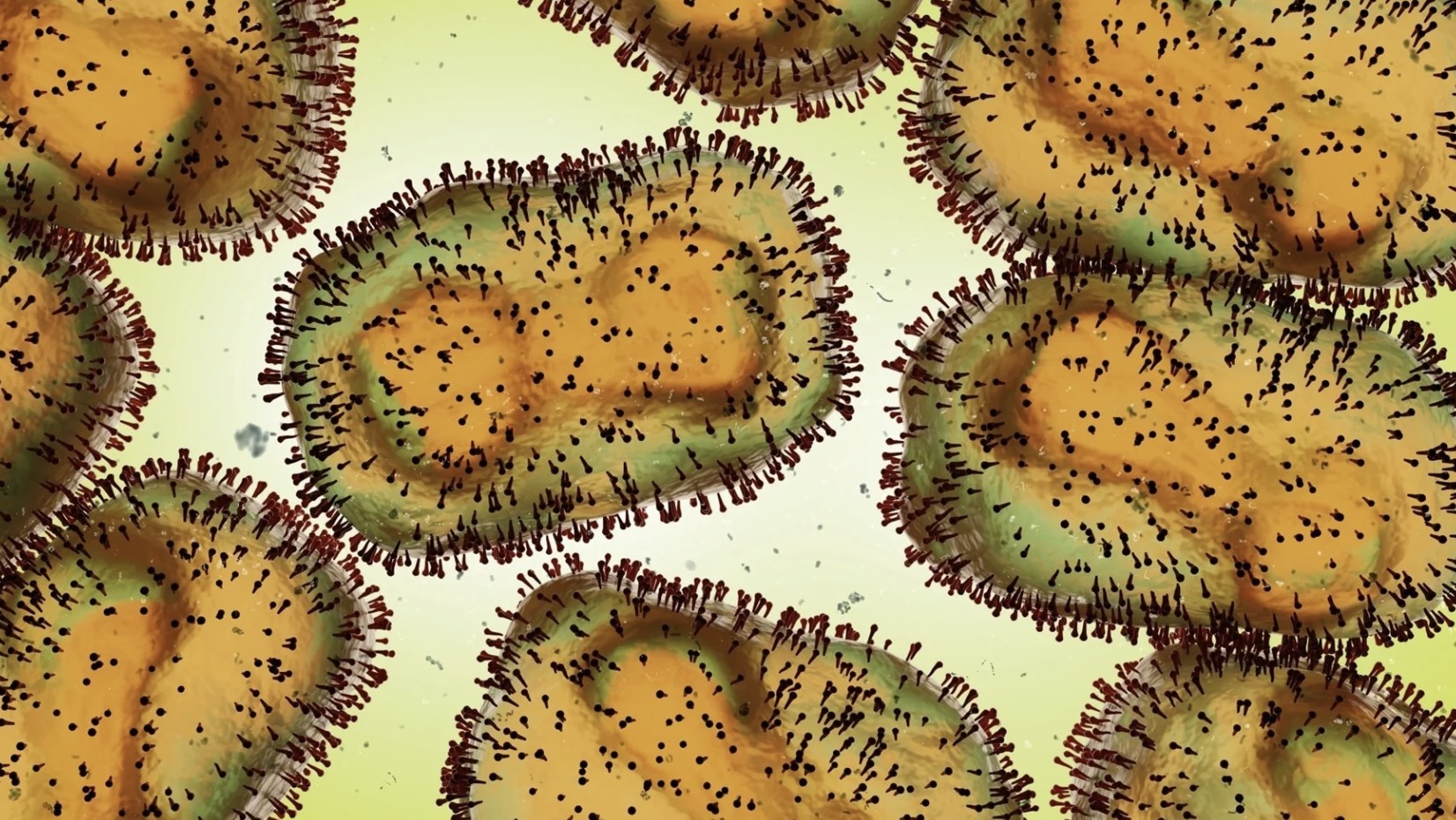As students return to campus for a fourth academic year touched by the COVID-19 pandemic, they will also face a new viral threat: monkeypox.
Though experts have said that COVID-19 remains a greater threat to many students, they have recommended that students be aware of monkeypox’s symptoms and the testing and vaccination opportunities near campus.
Here’s what they said students should know:
What is monkeypox? What are some common symptoms?
Monkeypox is a viral disease that can be spread to people from animals and from person to person. Coming in contact with an infected rash and other bodily fluids, including sexual fluids, can spread the disease. It is rare for monkeypox to be spread through contact with objects, said Sarah Rudman, deputy health officer of the Santa Clara County Public Health Department.
Rudman warned that monkeypox can be “a rash that is tricky to diagnose because it starts off looking like lots of other things.”
For some people, she said, it may start off as pimples that progress to blisters, and then form scabs in the middle. In other cases, rashes may appear inside of a person’s mouth, their genitals or anal regions.
Rudman said students should seek help when they notice a rash, especially in any of the three regions she mentioned, or any other symptom of monkeypox.
Where can students access testing and vaccines?
Students can access testing through Vaden Health Services, Stanford Hospital or a private doctor if they think they are experiencing symptoms of monkeypox or have been exposed to the virus, said Benjamin Pinskey, an infectious disease expert with Stanford Medicine.
Pinskey added that the testing process is minimally invasive: Doctors swab the lesion, which “typically yields very large amounts of virus, and we can detect it quite straightforwardly,” he said.
Some students may be eligible to receive the vaccine, including those that test positive or have been exposed to someone who has tested positive.
Up to four days after exposure, the California Department of Public Health recommends people get vaccinated to prevent the disease. Between four to 14 days, vaccination can prevent some symptoms, but not the disease itself. A full list of eligibility requirements for vaccination can be found here.
Vaden does not carry vaccines, according to its website, but those who meet the eligibility criteria can go to vax.sccgov.org to book an appointment in the county.
Rudman added that if other groups of people are determined to be at a higher risk of the virus, the Public Health department might expand eligibility.
I’ve tested positive for monkeypox, now what?
Rudman said students who test positive may be further evaluated to determine whether certain treatments could help them manage their symtoms and take steps to reduce their exposure to other people.
A University spokesperson added that students who test positive are unable to attend in-person classes and activities. The spokesperson recommended that students reference their course syllabi and email their professors to seek accommodations.
The spokesperson added that undergraduates can contact their undergraduate advising director while graduate students, professional students and postdocs should contact their schools, departments and instructors for assistance.
Will there be alternative housing for those that test positive?
Yes, there will be housing accommodations for students that test positive, according to the University spokesperson.
What are some ways you can protect yourself and others from contracting monkeypox?
Most people are at a very low risk of getting monkeypox from day-to-day interaction, Rudman said.
If a roommate tests positive while living in a shared space, Rudman’s recommendation is that students avoid coming in contact with any materials that the infected individual may have touched.
She added that an infected person should be isolated from others, avoid shared places, limit things they touch and wear a mask to stop the spread of monkeypox to others.
